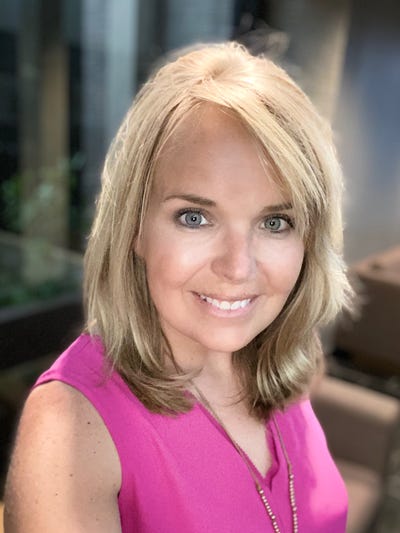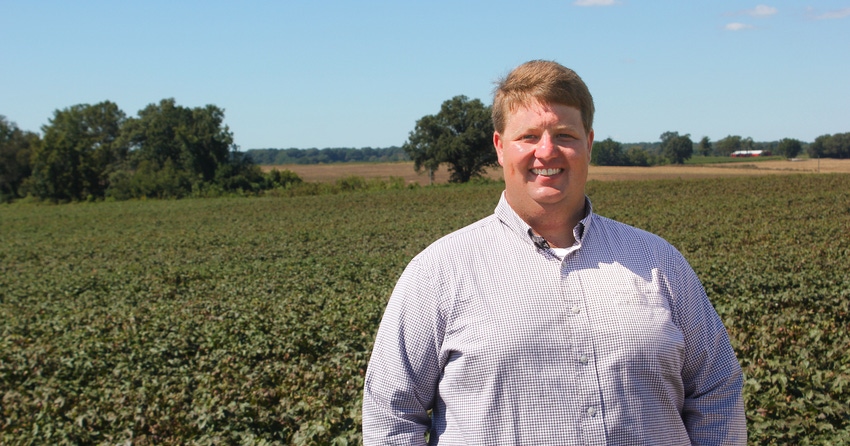
Robert Hill says there was never any question what he was going to do with his life. Not only is he the 5th generation to come up on his family’s farm in Gates, Tenn., but his love for agriculture was apparent from the start.
“The way my dad tells it, as soon as I had grown out of a car seat, I was riding with him on the tractor as much as he would let me,” Hill said. “If I wasn’t with my dad, I was probably riding with my grandfather, checking cows. I started driving a tractor when I was five.”
Running the family farm one day was always the ultimate goal, according to Hill. But after graduating from Mississippi State University, he thought it best to take a job away from the farm for a few years to gain some different experiences. One phone call changed his plans.
“We had a landlord call and say he had about 800 acres that had become available,” Hill recalls. “A week later 500 more acres became available.”
“That much land becoming available at one time is so rare. I knew I wanted to farm the rest of my life, and I felt everything was falling into place,” Hill said.
Access to available land is perhaps the biggest concern for young farmers, even for those who grow up on generational farms. Hill, who was just 22 at the time, knew he couldn’t let the opportunity by, even though it involved substantial risk for such a young person.
“I started farming that ground, and then the next year, another 1,500 acres came up. We went from 4,500 acres to nearly 7,000 acres in two years,” Hill said. “There were definitely growing pains, and I had to take some risks on buying my own equipment to work the additional acres, but it’s a decision I don’t regret.”
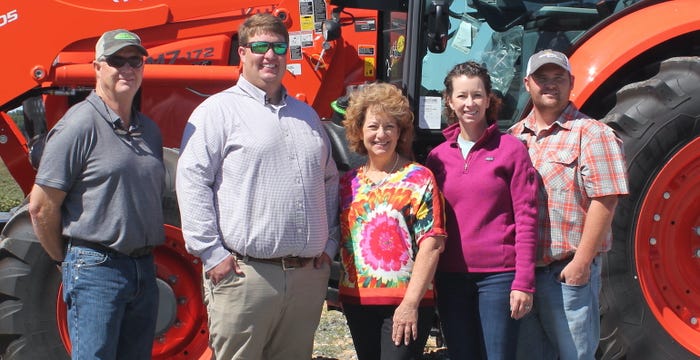
Now 28, and preparing to harvest his sixth crop, Hill believes more young farmers are going to have to take chances in the coming years to keep American agriculture strong.
“Those of us who are involved in production agriculture as a full-time job are getting fewer and fewer,” Hill said. “The average age of the U.S. farmer is nearly 60. In the coming years, the face of agriculture is going to evolve even faster, and we’re going to have to take some more chances. That was part of the reason I went ahead and made the step of faith in 2016, and it turned out good for me.”
Life of a young farmer
Hill farms with his father, Jeff Hill, and sister Heather Hardy. Theirs is a primarily cotton operation, although they did increase grain acres this year — planting 700 acres of corn and 1,000 acres of soybeans. When we visited with Hill in late September, corn shelling was underway, but cotton harvest was a long way off.
“When you talk to other farmers, they all say they’ve never seen a year like this one, but eventually we’re going to have to start seeing some years like we’ve seen in the past,” said Hill, referencing the unusually cool, wet spring and early summer where parts of Tennessee saw nighttime temperatures in the 30s during the first week of June.
“That made our crop very late. Most years we’re picking cotton in September, and we haven’t even started defoliating. Once you defoliate, you’re at least two weeks away from picking. So, it looks like it’s going to be the second or third week of October before we’re getting pickers in the field. That will make for some really long nights as we try to get everything harvested,” Hill said.
Hill is used to long nights during harvest. Even though picking cotton is his favorite part of the year, it doesn’t take many 16-hour days on the picker to get his fix.
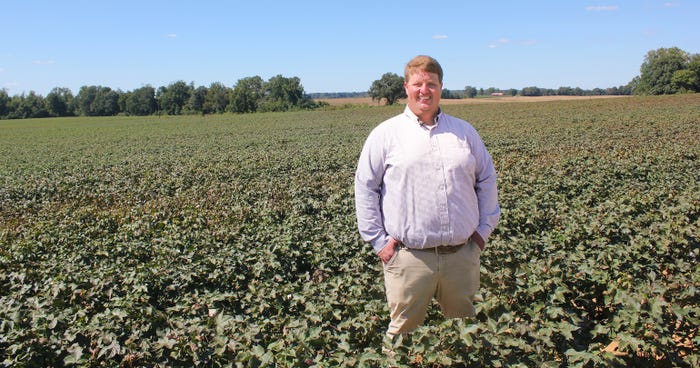
“A lot of my friends who don’t farm are surprised at the hours we put in during planting and harvest,” Hill said. “It took them some time to realize that when Robert says he’s working he’s not just blowing you off, he’s actually in the field working.”
“When it rains, though, they’re all expecting a phone call,” he added with a smile.
Young Farmers & Ranchers
Less than 2% of the U.S. population farms for a living, and of that small group of farmers, less than 8% are under the age of 35. Young farmers like Hill have few contemporaries.
That’s why leadership programs like Farm Bureau’s Young Farmers and Ranchers are beneficial for young producers.
“It is a very good program to get young farmers together and give us a chance to share our experiences. It’s easier to talk with someone your own age and meeting my farming peers across the state has been great,” Hill said.
This year, Hill was named runner-up in Tennessee’s Young Farmer of the Year contest. The program rewards farmers for their commitment to excellence in the agriculture industry and their efficiency in farming practices, sound financial management and leadership in civic organizations.
The winners were Lee and Halie Bagwell, row crop farmers from Robertson County, Tenn. While he didn’t come out on top this year, as runner up, Hill received a Kubota M7-172 tractor, with LM2605 front loader to use for 250 hours. He also received insurance coverage on the tractor.
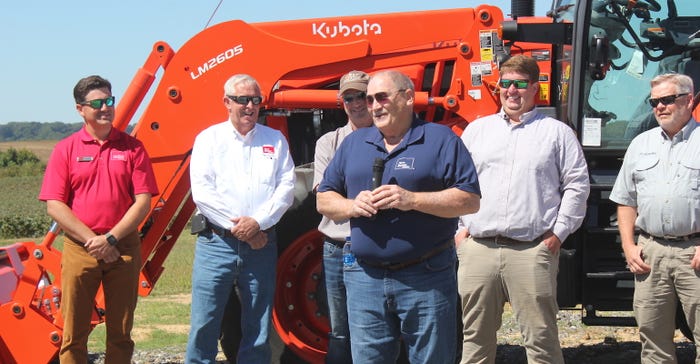
Winning the contest is a goal for next year.
“I’ve always been very competitive. I had to be. I have three sisters — it was always three against one,” he jokes. “But doing the contest, evaluating what you’re doing and how it measures up to other young farmers helps you sharpen your skills and grow a better crop next year.”
About the Author(s)
You May Also Like


